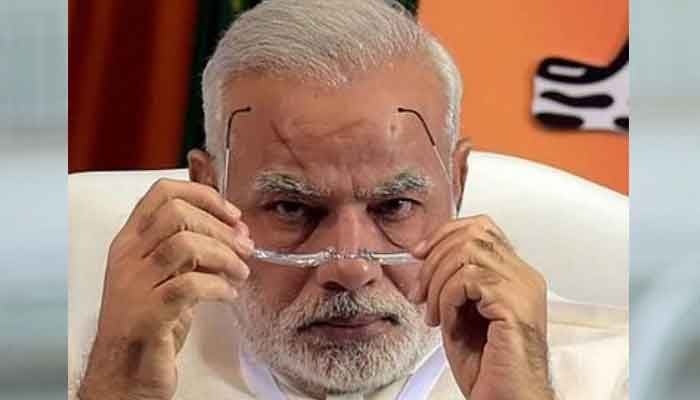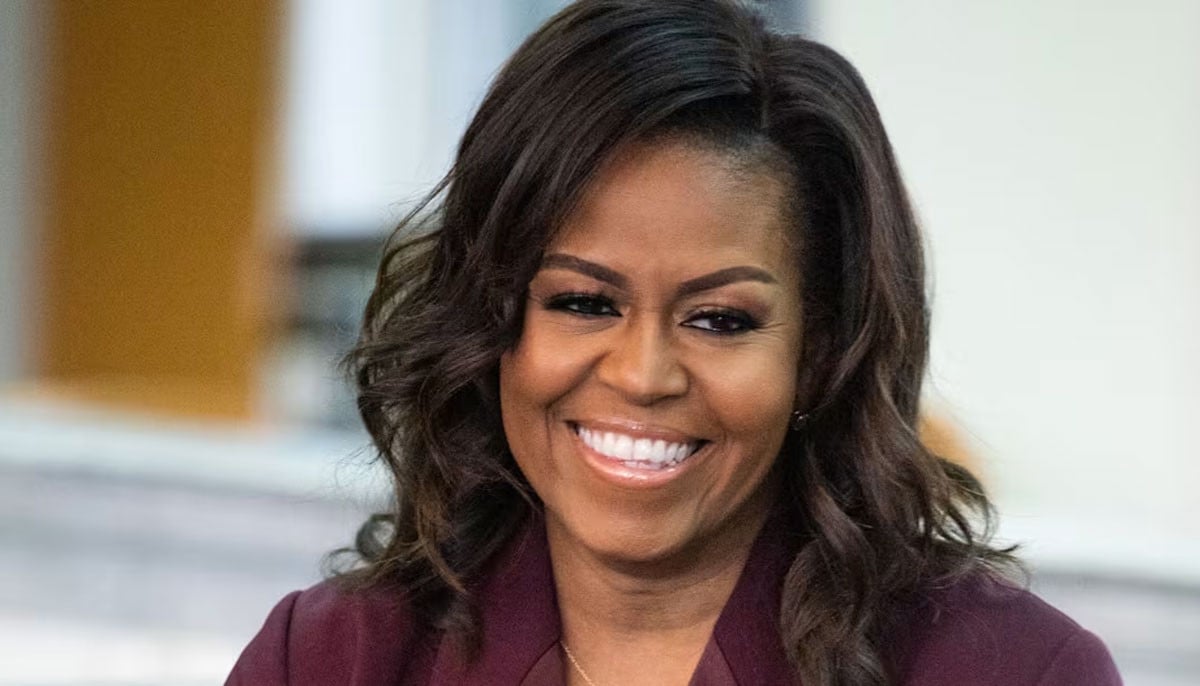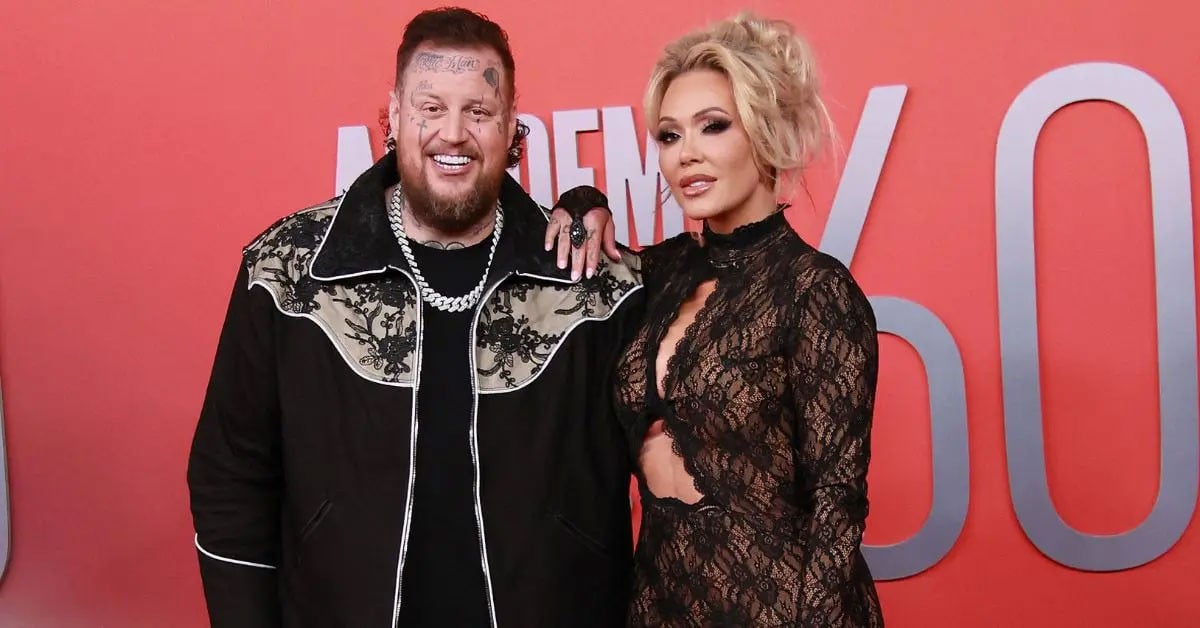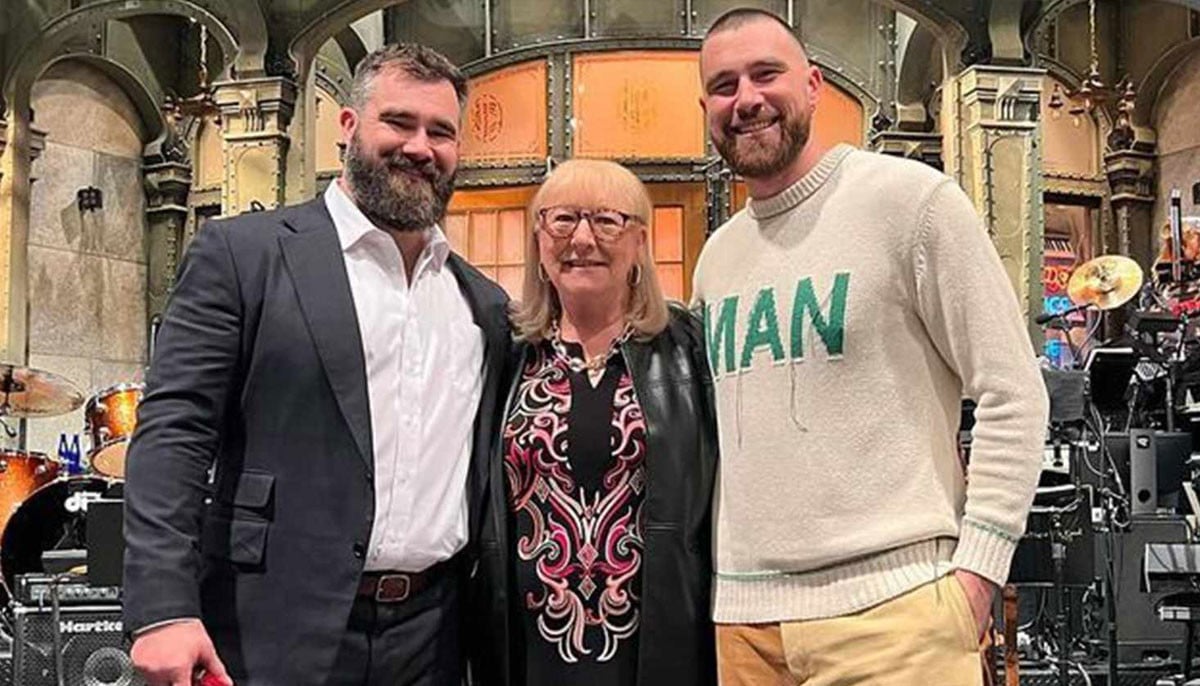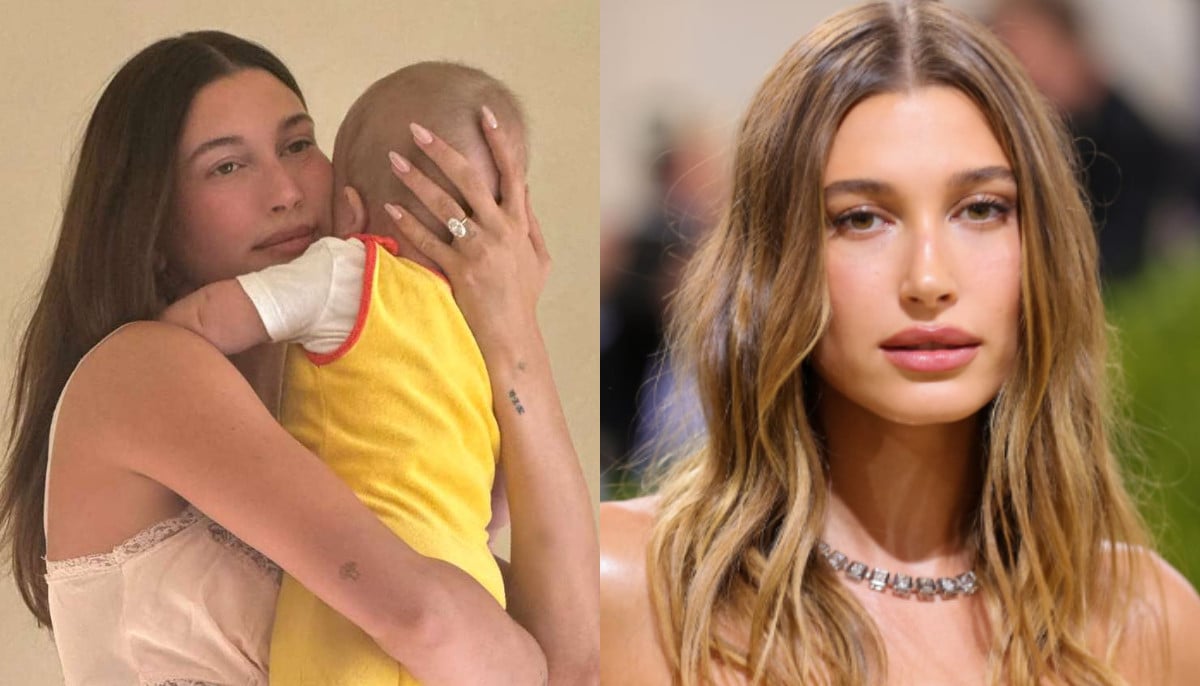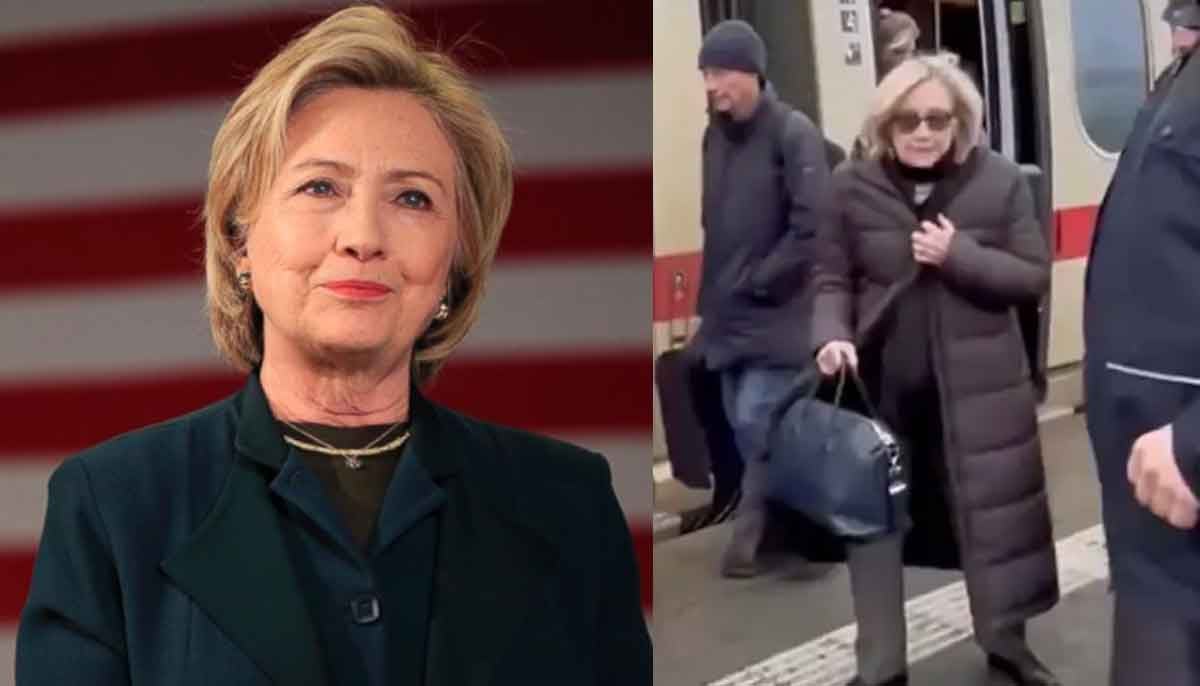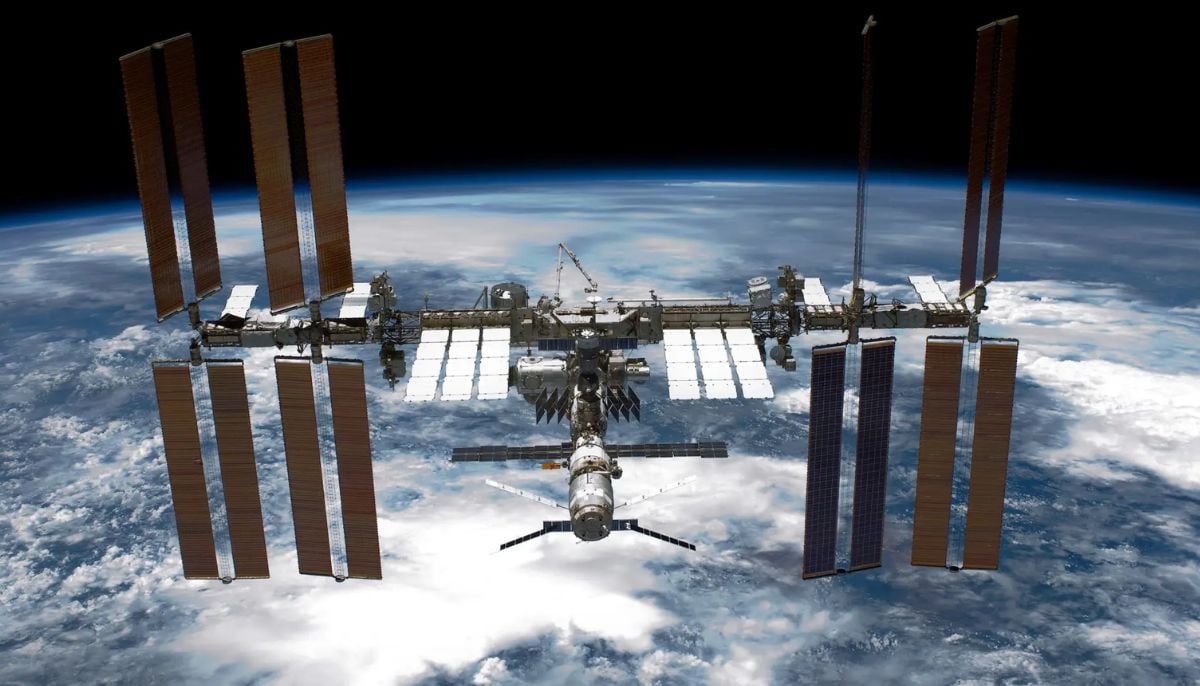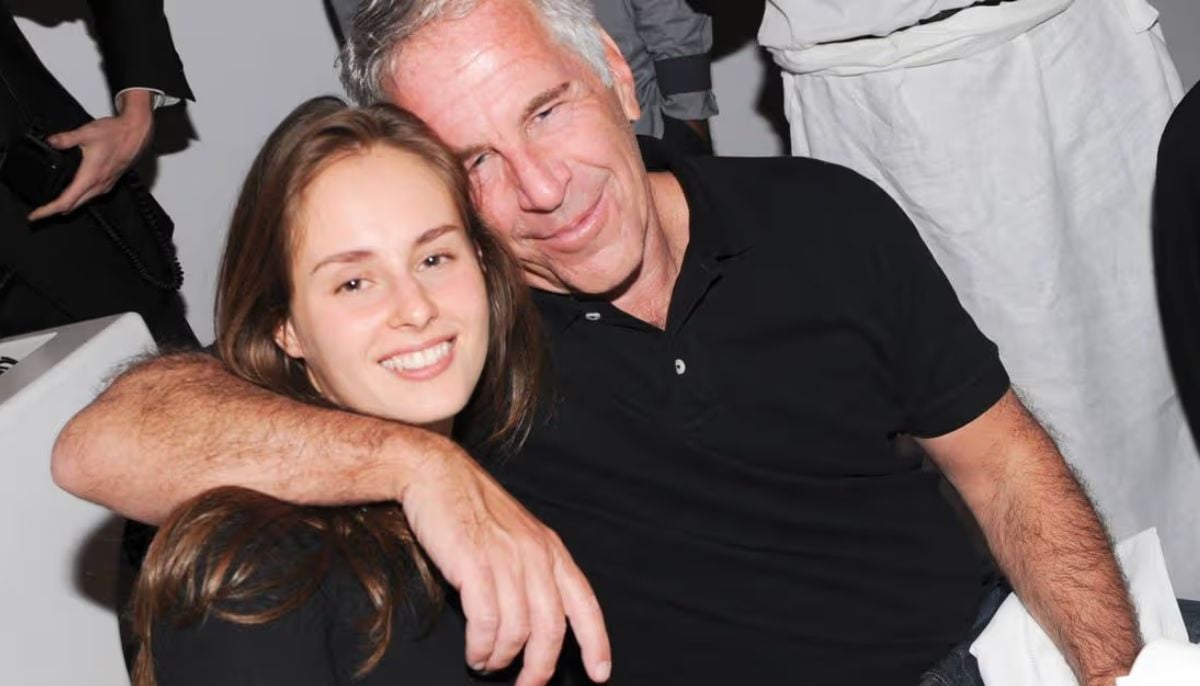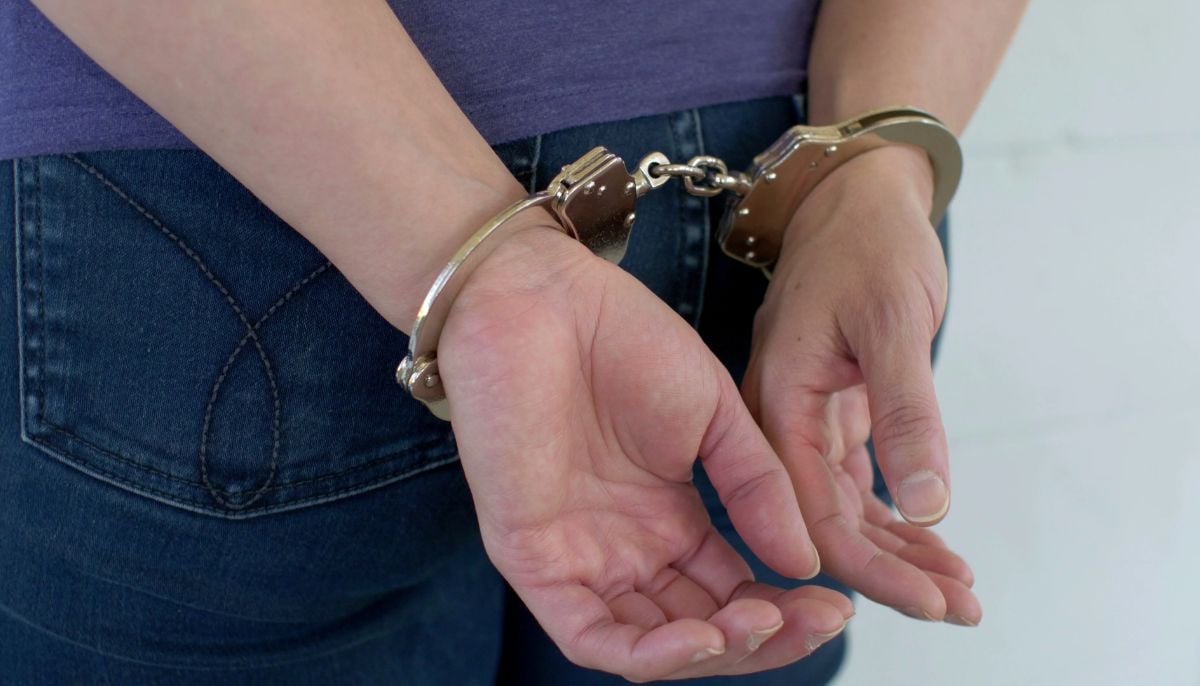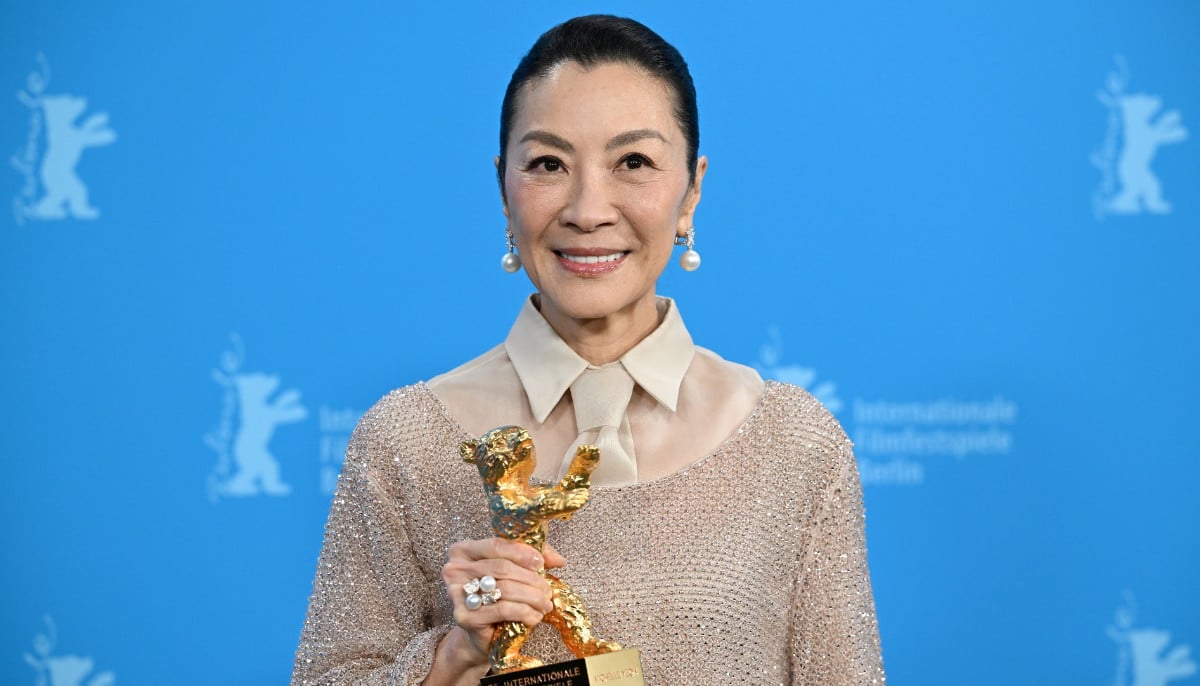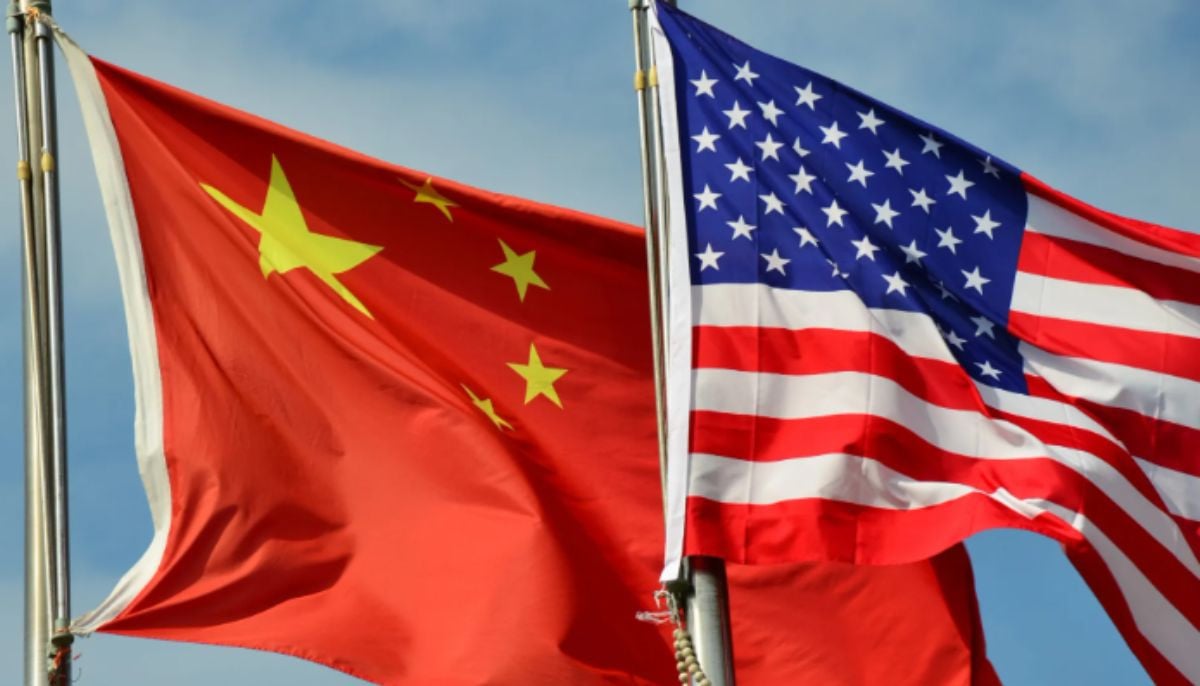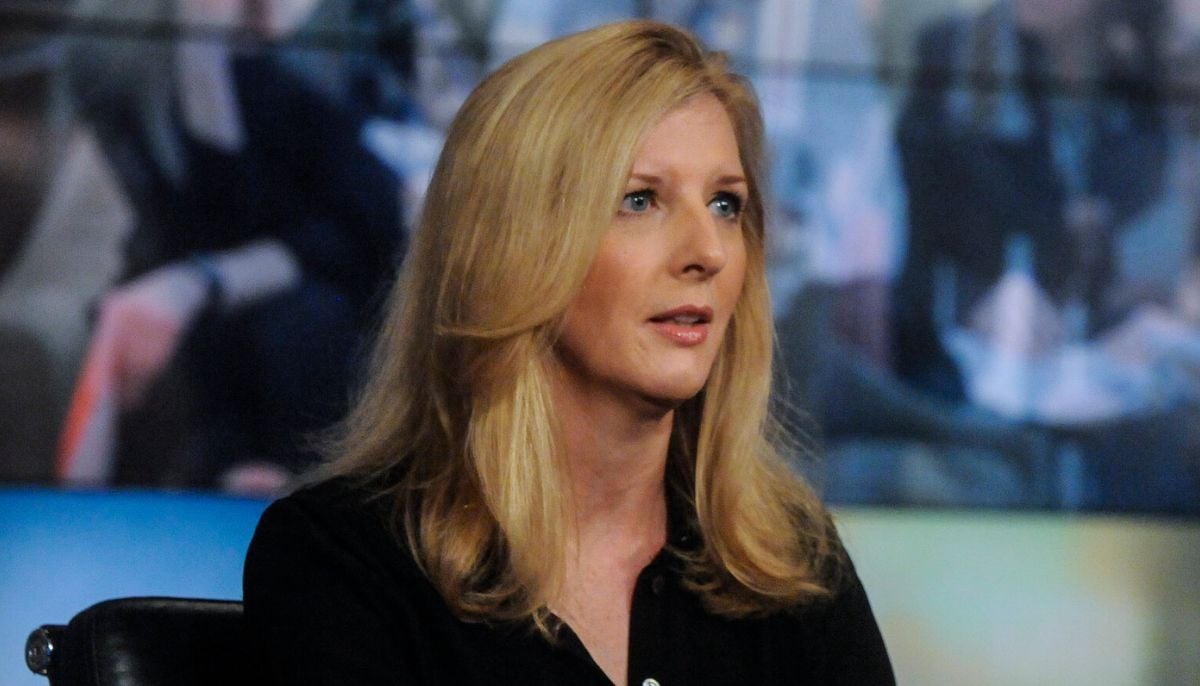Muslims in India fear for their future under Narendra Modi
A February 2019 report from Human Rights Watch found that between May 2015 and December 2018, at least 44 people - 36 of them Muslims - were killed across 12 Indian states. Around 280 people were injured in more than 100 incidents across 20 states over the same period.
NEW DELHI: In a recent spat of hate crimes against Muslims in India, some fear that the country is becoming dangerously intolerant under the Hindu nationalist Bharatiya Janata Party (BJP), according to BBC.
As India goes to the polls, questions are being raised about how inclusive India is to its large Muslim minority population of 172 million.
Just days before the first phase of voting in the Indian elections, a Muslim trader in the north-eastern state of Assam was leaving work when he was accosted by a mob.
Shaukat Ali is the latest victim of an increasing number of attacks perpetrated on those selling, or suspected of selling beef.
According to report, Shaukat Ali was surrounded by the group, forced to kneel in sludge as he was attacked. "Are you Bangladeshi?" one man shouted, questioning his Indian citizenship."Why did you sell beef here?" asked another.
He wasn't just injured physically - he was stripped of his dignity. The mob made the devout Muslim to eat pork, forcing him to chew it and then gulp it down.
Talking to the media outlet, he said: "I have no reason to live now,"adding that "this was an attack on my entire faith."
Dozens of members of the local Muslim community had gathered at his house to check on Mr Ali. As they listened to his story, some started to cry as they wondered if they were now vulnerable too.
In an other case, a group of men accused of beating 50-year-old Mohammad Akhlaq to death with bricks because they suspected him of killing a cow, were spotted at an election rally held by Uttar Pradesh Chief Minister Yogi Aditanath.
A February 2019 report from Human Rights Watch found that between May 2015 and December 2018, at least 44 people - 36 of them Muslims - were killed across 12 Indian states. Around 280 people were injured in more than 100 incidents across 20 states over the same period.
In her annual report, United Nations Human Rights chief Michelle Bachelet raised concerns over "increasing harassment and targeting of minorities - in particular, Muslims and people from historically disadvantaged and marginalised groups, such as Dalits (formerly known as untouchables)."
The controversial BJP politician, who was recently ordered by India's election commission to suspend campaigning for a few days last month over his anti-Islam rhetoric, often shares the stage with Mr Modi.
Most recently, Jayant Sinha, the civil aviation minister who sits on Mr Modi's cabinet, told the BBC that he had funded the legal fees for a group of men who were given the death penalty for killing a Muslim cattle trader in 2017.
In an interview with BBC Hindi's Jugal Purohit, Mr Sinha said he helped the convicts, who were BJP members, because he believed they were wrongly convicted.
Leading writer and political activist Arundhati Roy, who has been a vocal critic of the BJP government, describes these sort of actions as "an outsourcing of terror", arguing that vigilante groups are able to carry out such crimes because they are protected from above.
But BJP spokesman Nalin Kohli rejects any assertion that his party's policies have contributed to a rise in hate crime. He accused the UN and human rights reports of "skewing statistics to build up a narrative that does not exist".
-
Hailey Bieber reveals KEY to balancing motherhood with career
-
Hillary Clinton's Munich train video sparks conspiracy theories
-
Woman jailed over false 'crime in space' claim against NASA astronaut
-
Columbia university sacks staff over Epstein partner's ‘backdoor’ admission
-
Ohio daycare worker 'stole $150k in payroll scam', nearly bankrupting nursery
-
Michelle Yeoh gets honest about 'struggle' of Asian representation in Hollywood
-
US, China held anti-narcotics, intelligence meeting: State media reports
-
Goldman Sachs’ top lawyer resigns over Epstein connections
